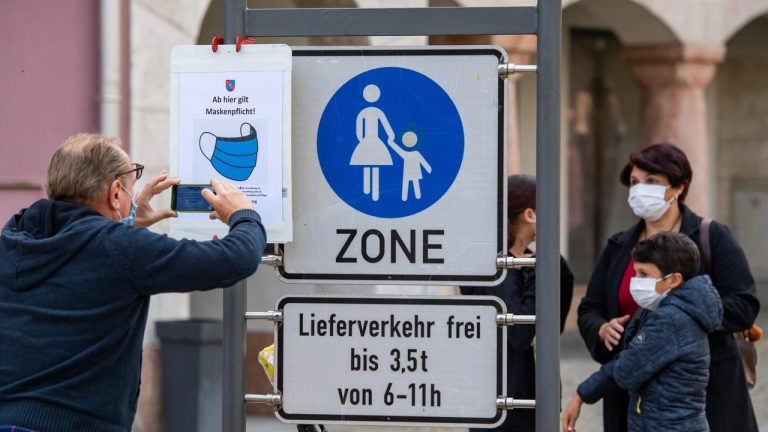Germany Faces Highest Inflation Since 2008
Germany https://finanzasdomesticas.com/inflacion-en-alemania-la-mas-alta-desde-2008 is grappling with its highest inflation rate since 2008, a development that has sent ripples throughout the European economy. The inflation surge is attributed to several factors, including rising energy prices, supply chain disruptions, and the economic impact of global crises. This inflationary pressure has triggered concerns about the long-term stability of both the German and broader Eurozone economies.
Key Drivers of Inflation
- Energy Prices: One of the most significant contributors to the current inflation in Germany is the sharp rise in energy costs. The global energy crisis, exacerbated by geopolitical tensions and reduced supply, has pushed up the prices of oil, gas, and electricity, placing a heavy burden on consumers and businesses alike.
- Supply Chain Disruptions: The COVID-19 pandemic and subsequent lockdowns have caused massive supply chain disruptions, affecting the availability of goods and services. Shortages in key components such as semiconductors and raw materials have increased production costs, which are being passed on to consumers in the form of higher prices.
- Food Prices: The cost of food has also risen significantly, driven by higher production and transportation costs. Supply shortages and weather-related disruptions have further strained food production, leading to noticeable price increases in basic staples.
- Government Support and Spending: In response to the economic challenges posed by the pandemic, the German government implemented large-scale financial support measures, including stimulus packages. While necessary to cushion the economy, these policies have also increased demand, contributing to inflationary pressures.
Impact on German Households and Businesses
For German households, https://finanzasdomesticas.com/inflacion-en-alemania-la-mas-alta-desde-2008 the rising inflation has meant higher costs for everyday goods, energy bills, and transportation. The purchasing power of consumers has been eroded, leading to growing discontent and economic uncertainty.
Businesses are also feeling the impact, as higher input costs cut into profit margins. Small and medium-sized enterprises, in particular, are struggling to keep up with rising expenses, which could have longer-term implications for Germany’s economic stability.
Response from Policymakers
https://finanzasdomesticas.com/inflacion-en-alemania-la-mas-alta-desde-2008 the European Central Bank (ECB) and German government officials have acknowledged the seriousness of the inflationary spike. The ECB has signaled that it may tighten monetary policy by raising interest rates to curb inflation. However, this approach is delicate, as higher interest rates could slow economic recovery efforts in the aftermath of the pandemic.
German policymakers are also exploring ways to mitigate the impact of inflation on consumers, including targeted subsidies and relief measures for energy costs. However, balancing inflation control with maintaining economic growth remains a challenging task.
Looking Ahead
With no immediate end in sight for the factors driving inflation, https://finanzasdomesticas.com/inflacion-en-alemania-la-mas-alta-desde-2008 many economists predict that Germany’s inflation rate will remain elevated throughout 2024. The ongoing war in Ukraine, energy market volatility, and supply chain bottlenecks are likely to continue fueling price hikes.
As Germany navigates these inflationary pressures, its economic policies and the effectiveness of measures to stabilize prices will play a crucial role in shaping the future of Europe’s largest economy.

